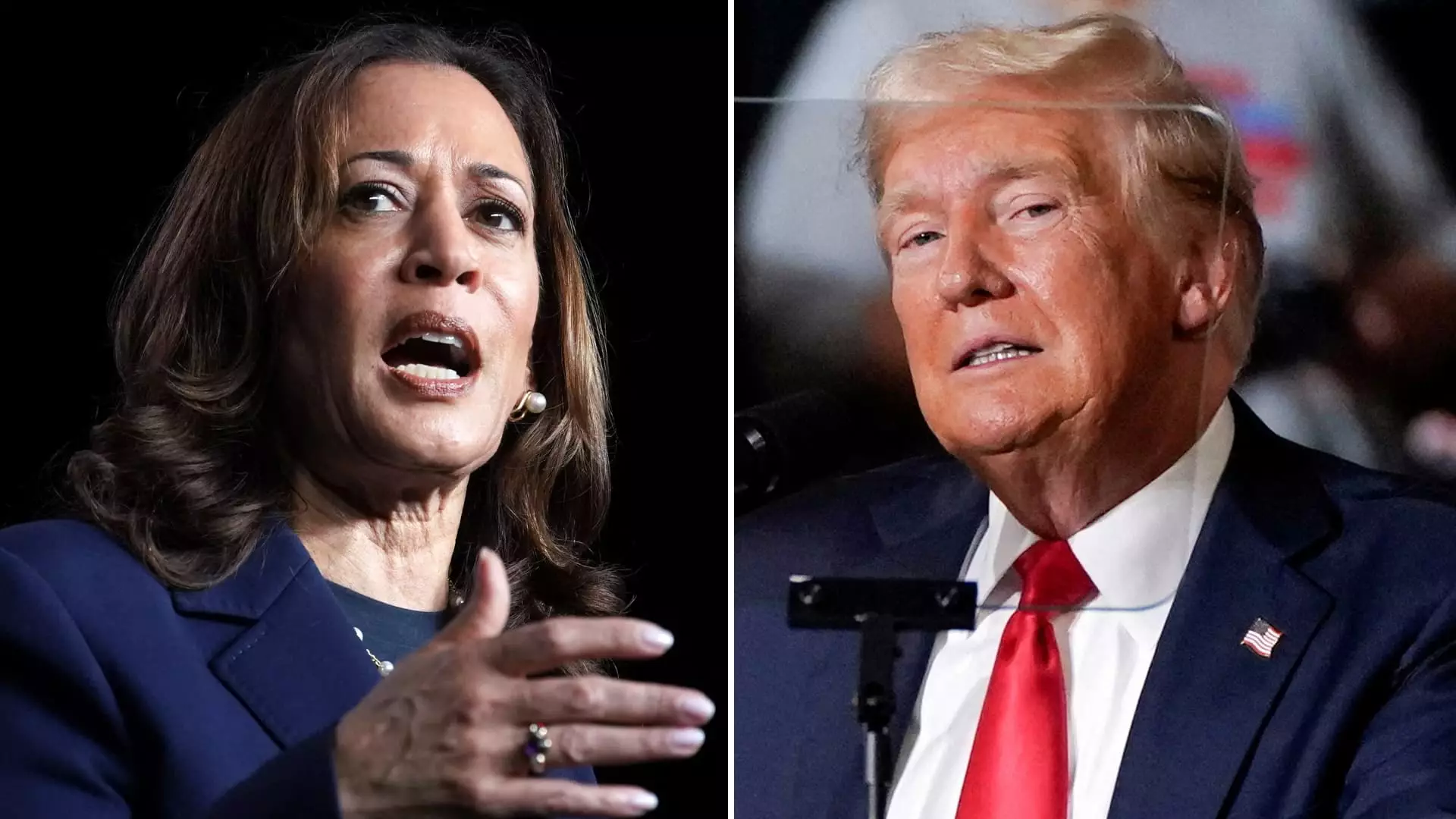Former President Donald Trump and Vice President Kamala Harris have unveiled their economic agendas, both calling for tax changes that could impact millions of Americans. The Tax Cuts and Jobs Act (TCJA) enacted by Trump includes provisions such as lower federal income tax brackets, a higher standard deduction, a bigger child tax credit, and more generous estate and gift tax exemptions. Without extensions, these tax breaks will expire after 2025, resulting in more than 60% of taxpayers facing higher taxes in 2026, according to the Tax Foundation.
Political Rhetoric vs. Policy Reality
There seems to be a disconnect between the political rhetoric surrounding the 2017 tax law and the actual policy changes that both parties will have to confront in the coming years. While Democrats have criticized elements of the TCJA, it is likely that both parties will agree to extend trillions in tax cuts. However, negotiations could be challenging due to concerns about the federal budget deficit.
President Trump aims to preserve the individual and business tax cuts introduced via the TCJA. He has promised “big tax cuts for families and small businesses,” emphasizing his commitment to tax relief in his campaign events. On the other hand, Vice President Harris has not directly addressed the extension of TCJA provisions, but there is support within her campaign for partial extensions that exclude individuals with incomes above $400,000.
The Harris campaign has proposed increasing the corporate tax rate to 28%, up from the 21% rate set by the TCJA. This measure could reduce the deficit by $1 trillion over a decade, according to estimates. In contrast, Trump has suggested imposing sweeping tariffs, particularly on Chinese goods, which could impact the average after-tax income of U.S. households.
Eliminating Income Tax on Tip Income
Both candidates have floated the idea of eliminating income tax on tip income, with Harris announcing her plan first, followed by Trump. While this proposal has garnered some bipartisan support, it has also faced criticism from policy experts who raise concerns about administrative hurdles and possible abuse of the system.
Trump has advocated for no taxes on Social Security income, addressing a key issue for voters. On the other hand, Harris has unveiled an economic plan that includes an expanded child tax credit worth up to $6,000 for families with newborn children, among other priorities.
The tax proposals put forth by Trump and Harris highlight their contrasting approaches to economic policy and fiscal responsibility. While Trump focuses on preserving existing tax cuts and imposing tariffs, Harris is keen on increasing the corporate tax rate and implementing measures to raise revenue. Both candidates face challenges in implementing their tax policy changes, given the need for Congressional approval and the potential impact on the federal budget deficit. The upcoming election will play a critical role in shaping the future of taxation in the United States.

